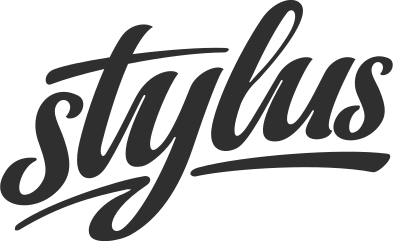
Iteration
Stylus 允许你使用 for/in 构造迭代表达式,格式如下:
for <val-name> [, <key-name>] in <expression>
例如:
body
for num in 1 2 3
foo num
生成:
body {
foo: 1;
foo: 2;
foo: 3;
}
如下实例展示的是如何使用 <key-name>:
body
fonts = Impact Arial sans-serif
for font, i in fonts
foo i font
生成:
body {
foo: 0 Impact;
foo: 1 Arial;
foo: 2 sans-serif;
}
下面展示的是如何书写普通的 for 循环:
body
for num in (1..5)
foo num
生成:
body {
foo: 1;
foo: 2;
foo: 3;
foo: 4;
foo: 5;
}
Usage with strings:
for num in (1..10)
.box{num}
animation: box + num 5s infinite
@keframes box{num}
0% { left: 0px }
100% { left: (num * 30px) }
混合(Mixins)
我们可以在 mixin 中使用循环实现更强大的功能,例如,我们可以把表达式对作为使用插值和循环的属性。 We can use iteration within mixins to produce powerful functionality. For example, we can apply expression pairs as properties using interpolation and iteration.
下面,我们定义 apply(), 根据条件判断是否利用所有的 arguments(参数),这样逗号分隔的参数_以及_表达式列表参数都能够被支持。
apply(props)
props = arguments if length(arguments) > 1
for prop in props
{prop[0]} prop[1]
body
apply(one 1, two 2, three 3)
body
list = (one 1) (two 2) (three 3)
apply(list)
函数
Stylus 中的函数也可以包含 for 循环。如下是一些实例:
求和:
sum(nums)
sum = 0
for n in nums
sum += n
sum(1 2 3)
// => 6
合并:
join(delim, args)
buf = ''
for arg, index in args
if index
buf += delim + arg
else
buf += arg
join(', ', foo bar baz)
// => "foo, bar, baz"
后置表达式
就跟 if / unless 可以利用后置表达式(post-statement)一样,for 也可以。如下是一些使用后置表达式语法的例子:
sum(nums)
sum = 0
sum += n for n in nums
join(delim, args)
buf = ''
buf += i ? delim + arg : arg for arg, i in args
我们还可以从循环中 return (返回),下面就是一个实例,当 n % 2 == 0 的值为 true 时就返回数值。
first-even(nums)
return n if n % 2 == 0 for n in nums
first-even(1 3 5 5 6 3 2)
// => 6
